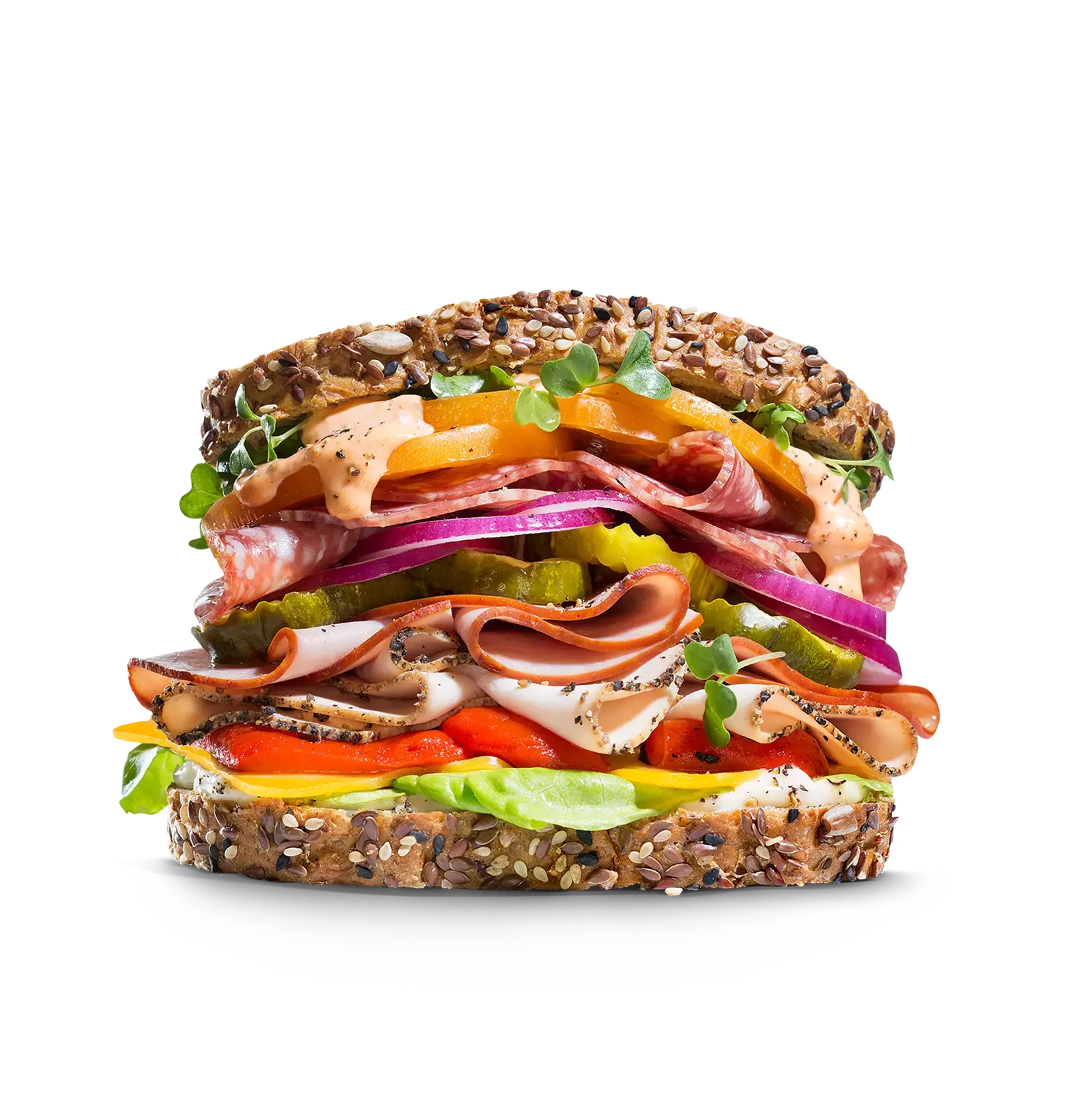Contract Manufacturing in Food and Beverage: What Is It, and How Can It Improve Businesses' Efficiency and Profitability?
Contract Manufacturing in Food and Beverage: What Is It, and How Can It Improve Businesses' Efficiency and Profitability?
Contract Manufacturing in Food and Beverage: What Is It, and How Can It Improve Businesses' Efficiency and Profitability?
16 Jun 2022
 John McCurdy | Senior Content Writer, Marketing
John McCurdy | Senior Content Writer, Marketing
Over the past few years, contract manufacturing in the food and beverage industry has skyrocketed in prevalence, reaching a global valuation of $120.96 billion in 2021 and is projected to continue expanding at a compound annual growth rate of 9.5% through 2030. There are several reasons for this surge, including increased demand for retail products resulting from the COVID-19 pandemic and brands’ greater focus on key differentiators and product innovation in response to changing consumer preferences.
Likewise, this development brings with it many implications for food and beverage businesses like yours. You need to understand how contract manufacturing plays out in practice, the benefits that can be unlocked by working in that way and how big brands are using the strategy to their advantage in the current market.
This post will cover what you need to know regarding contract manufacturing and related models, how each can be used to your organization’s advantage and some examples of food and beverage companies that are already capitalizing on this development to unlock valuable advantages.
What Is Contract Manufacturing?
Put simply, contract manufacturing is the practice of outsourcing the actual production process of food and beverage items to a third party—typically a dedicated contract manufacturer with their own facilities. Sometimes referred to as co-manufacturing, it can be utilized for the off-site manufacture of a single line or a whole suite of offerings.
Closely related to contract manufacturing is contract packaging, or co-packing. As you might imagine, this is the practice of outsourcing the packaging of your products to a third party that has space and equipment dedicated to the process, thus taking that stage of preparation for delivery to market off your company’s plate.
Also similar to contract manufacturing is white label and private label manufacturing. These practices are distinct in that they are agreements between a third-party manufacturer and a retailer, rather than an established food and beverage brand, but otherwise quite comparable in that the retailer does the selling of the items under their own name while the third-party actually produces them.
What Are the Benefits of Contract Manufacturing?
The first and perhaps most significant advantage in pursuing contract manufacturing for the production of your food and beverage business’s goods is the ability to scale up quickly. This was a common challenge faced by companies in the industry during the first several months of the pandemic, when demand at retail soared with restaurants closed for public health reasons.
Another potential benefit of contract manufacturing is the possibility of saving money—should your business not have the production equipment necessary for new items in your lineup, it can be cheaper to hire a third party that already has the hardware as opposed to investing in your own. The same goes for contract packaging, as that process can have significant demands in terms of machinery and physical space.
Contract manufacturing also offers your business the opportunity to focus more on critical in-house functions, especially research and development to bring new products that are optimized for changing consumer preferences to market more quickly. As functional, keto-friendly, plant-based and gluten-free items continue to surge in demand, this can be a critical competitive edge in some situations.
What Are Some Examples of Contract Manufacturing in Today’s Market?
Among the big names leveraging contract manufacturing for lower costs and greater efficiency is Kraft Heinz, which as of 2020 operated 80 production facilities of its own but contracted an additional 300 providers to meet demand. The company is focused on treating relationships with contract manufacturers less as purely transactional and more as lasting partnerships, which is leading to increased effectiveness in supply chain management.
More mid-sized businesses have also been able to take advantage of the model, including UK-based Merchant Gourmet, a producer of pulses, grains and plant-based sauces, filling and snacks. Specifically, their new frozen green lentil and white quinoa offerings are being made by a contract manufacturer, and this new partner was able to use an innovative method to prevent clumping by blowing the cooked quinoa and lentils into the air.
Interestingly, while General Mills signed some 200 contract manufacturers to aid in ramping up capacity in 2020, the company is now starting to dial back that approach as demand at the grocery store slows down. The brand’s CFO cited higher freight costs that resulted from the initial shift, which were at first justifiable but now more difficult to manage with price increases for ingredients, packaging materials, energy and transportation.
The Importance of Flexibility and Future-Proof Solutions
Whether your food and beverage company is a well-established brand in your sector or a small but growing producer—or you’re interested in pivoting to act as a contract manufacturer for other organizations—having the right technological foundation will be crucial going forward. Our increasingly connected and rapidly evolving landscape demands that you’re fully prepared for the future, and that makes digital transformation an imperative.
For a solution that can form the base of your modernization change initiative, consider an industry-specific enterprise resource planning (ERP) system. The software can act as a cross-functional platform and “single source of truth” for everyone on staff, as well as any partners you engage with to outsource production or packaging.
That provides a greater level of visibility and awareness of key information that can help guide smart, agile decision-making in an era that demands quick adjustment and clean execution. You’ll also be able to better manage vital aspects of operations, including quality assurance, regulatory compliance, lot control and traceability with an advanced offering like our own purpose-built food and beverage solution, Aptean Food & Beverage ERP.
The world of food and beverage continues to change at a rapid pace, and contract manufacturing will no doubt continue to play a large role in the industry as flexibility remains a must. To ensure that you’re ready to adapt to changing needs and embrace emergent models that work best in shifting conditions, implementing a food and beverage ERP is the move to make.
To take the next step and learn more about Aptean Food & Beverage ERP, contact us today. You can also request a personalized demo at your convenience.
Get in Touch Today to Speak With an Expert in Your Industry
We’ve got the specialised food ERP solutions you need to conquer your industry challenges.



